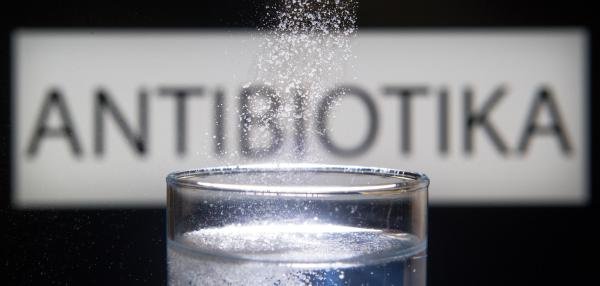We are to blame for the new super germs

Consumption of antibiotics has increased dramatically in recent years. On bacteria, this works like a training program, from which the strongest emerge with new strength.
When you wanted to breed a superbug in a horror movie, the worst pathogens of all time, then you would have put on an exercise program and to challenge the bacteria that you have with antibiotics. As often as possible. The weakest germs would be eliminated quickly. But some bacteria would come through. They could soon no longer have any means of attacking them.
Unfortunately, such a training program has long been running in the real world. In 2015, humankind consumed 34.8 billion daily doses of antibiotics. That was 13.7 billion doses more than in 2000. Researchers have seen sales of drugs in 76 countries and found this huge boom.
Especially in countries like India, China and Pakistan the consumption of antibiotics has increased rapidly. That's not just because there are far more people living in these countries than they were 15 years ago, the researchers say.
Of course, the numbers also contain good news: far more people in the world now come to antibiotics, survive simple infections. But easier access to the drug also speeds up worldwide training for the bacteria.
The risk of getting rid of pathogens rather than killing them increases if you try a wrong medicine to treat an infection or if you do not take the tablets as your doctor has suggested. Because you might not even ask a doctor. In many countries you can get antibiotics without a prescription. And they are cheaper than doctor's appointments.
Incidentally, the training program is also doing well in Germany - here, too, the consumption of antibiotics has once again increased in the past 15 years. "Superbugs" researchers call the toughest and most resistant among the bacteria.
Reserve antibiotics should help against these super germs. But this is already the elite promotion program, worse than in any horror movie: These reserve antibiotics are also being used more and more according to the new numbers worldwide.
